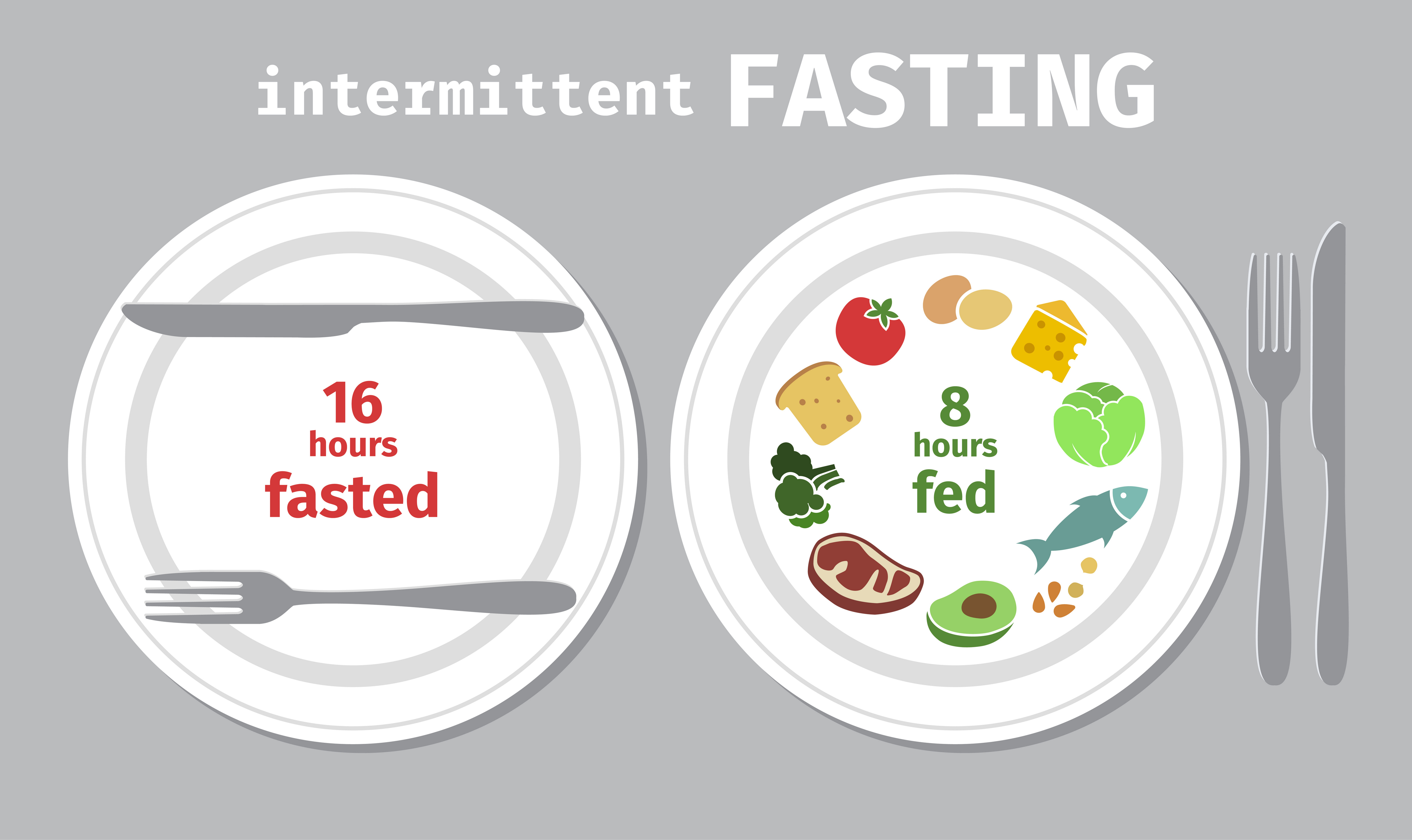The Role of Dietary Counseling in Maximizing Intermittent Fasting for Weight Loss
Does intermittent fasting work? Adam Gilden, MD, who specializes in obesity medicine, weighs in on the important role of dietary and behavioral counseling with time restricted eating.
Time restricted eating, also known as intermittent fasting, has become widely discussed as an effective weight loss strategy. But is cutting down your eating window enough to shed pounds?
We spoke with Dr. Adam Gilden from CU Medicine Weight Management - CU Anschutz Health and Wellness Center about the role of dietary and behavioral counseling when it comes to intermittent fasting. Dr. Gilden recently co-authored an editorial with Dr. Victoria Catenacci on the subject, which accompanies a year-long study on time-restricted eating without calorie counting for weight loss in Annals of Internal Medicine.
According to Dr. Gilden in our discussion, there have been several studies published on the topic of intermittent fasting and the effects of diet counseling. “The way I would summarize it is that if a person does an [intermittent fasting] regimen on their own without any dietary or behavioral support, the expected weight loss is small,” says Dr. Gilden.
This means that simply having a shorter eating window doesn’t always guarantee weight loss.
What is intermittent fasting?
Intermittent fasting involves restricting a person’s daily eating window. Instead of eating around the clock, a person will only eat for a set amount of time. A common example is 8 hours of eating and 16 hours of fasting, or not eating.
The idea is that intermittent fasting promotes weight loss by limiting the hours you can consume calories and boosting the body’s ability to use fat as a fuel.
Individuals with poorly controlled diabetes and other medical conditions should consult with their physician before attempting any restrictive diet.
What role does dietary and behavioral counseling have with intermittent fasting?
According to Dr. Gilden, it is crucial to make thoughtful food choices during the intermittent fasting eating window if you wish to lose weight. This is due to the overall number of calories consumed and how the body burns fat.
“If you eat from 11 a.m. to 7 p.m., go to bed at 10 p.m. and wake up at 6 a.m. or 7 a.m., you’re not giving your body enough hours to switch to burning fat as fuel, which is the mechanism by which time-restricted eating [intermittent fasting] is supposed to work,” explains Dr. Gilden.
This is where dietary and behavioral counseling plays a role in weight loss during intermittent fasting. For someone that struggles with overeating, it may seem impossible to eat less during the 8-hour eating window. Behavioral therapists and psychologists trained in counseling eating disorders can help individuals understand and manage their relationships with food.
Additionally, dietary counseling can help people make healthy choices while intermittent fasting and choose foods that will give them maximum energy and nutrition.
Weight management tips from an obesity medicine doctor
One of the general principles of healthy eating is to move food intake to earlier hours of the day.
For intermittent fasting, Dr. Gilden says, “The research studies that have shown the greatest benefit with time-restricted eating [intermittent fasting] are regimens when a person starts eating within 1-2 hours of waking up and stops by around 3 p.m. or 4 p.m. We all recognize that that’s not necessarily a practical regimen because people want to have dinner with their families. There is a tension between what works in terms of human physiology and what works socially.”
Another rule of thumb clinicians recommend for most individuals is to make the midday meal of the day the largest meal. “Try to take in the bulk of your calories earlier in the day and make dinner your smallest meal of the day. That tends to be the opposite of the way most Americans eat,” shares Dr. Gilden. This strategy is to move the greatest caloric intake to the time when people are burning the most calories.

Seeking weight management help
What works for one person may not work for another. Dr. Gilden recommends a great first step for people looking to manage healthier eating is to track their food intake for a couple of weeks. “Tracking your diet does require some work and investment of time. But it’s worth the investment to see if there’s anything you can solve on your own,” says Dr. Gilden.
The next step someone can take for weight management is to seek professional help from your primary care provider. They can refer you to registered dietitians, group therapy or to obesity medicine clinicians like Dr. Gilden.
Learn more about CU Medicine Weight Management - CU Anschutz Health and Wellness Center here.
Dr. Adam Gilden specializes in obesity medicine at CU Medicine Weight Management - CU Anschutz Health and Wellness Center. His clinical interests are helping patients lose weight, particularly those with conditions such as diabetes, high blood pressure, sleep apnea, high cholesterol and arthritis.


